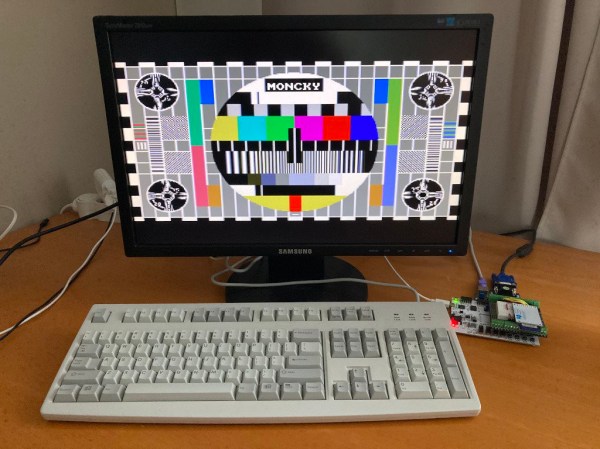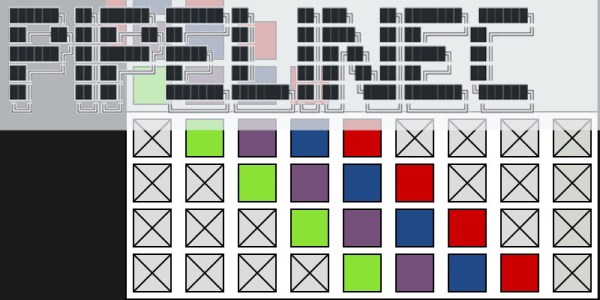Those of us who were around in the late 70s and into the 80s might remember the Speak & Spell, a children’s toy with a remarkable text-to-speech synthesizer. While it sounds dated by today’s standards, it was revolutionary for the time and was riding a wave of text-to-speech functionality that was starting to arrive to various computers of the era. While a lot of them used dedicated hardware to perform the speech synthesis, some computers were powerful enough to do this in software, but others were not quite able. The VIC-20 was one of the latter, but thanks to an ESP8266 it has been retroactively given this function.
This project comes to us from [Jan Derogee], a connoisseur of this retrocomputer, and builds on the work by [Earle F. Philhower] who ported the retro speech synthesis software known as SAM from assembly to C which made it possible to run on the ESP8266. Audio playback is handled on the I2S port, but some work needed to be done to get this to work smoothly since this port also handles the communication with the VIC-20. Once this was sorted out, a patch was made to be able to hear the computer’s audio as well as the speech synthesizer’s. Finally, a serial command interface was designed by [Jan] which allows for control of the module.
While not many of us have VIC-20s sitting at home, it’s still an interesting project that shows the broad scope of a small and inexpensive chip like the ESP8266 which would have had a hefty price tag back in the 1980s. If you have other 80s hardware laying around waiting to be put to work, though, take a look at this project which brings new vocabulary words to that old classic Speak & Spell.
Continue reading “Classic 80s Text-To-Speech On Classic 80s Hardware”

















